
"Many theatergoers define experimental or mini theater as only being small-stage and small-audience productions. That's totally wrong," says Alex Wu, director of programming and marketing of Shanghai Drama Arts Center.
The difference between experimental theater and mainstream theater is not the simple version versus the hard-cover edition. Mini theater focuses on original, pioneering experiments and is vital to creativity, Wu says.
Experimental theater began in France in the 19th century with the Free Theater campaign and became popular throughout Europe, the United States and Japan.
It's a reaction to commercialism in Western theater and promotes exploration of ideas, Wu says.
Experimental theater started in China in the 1980s in Shanghai and Beijing. Today it has spread to a number of cities, including Wuhan, Guangzhou and Shenyang.
The "Waves Behind" program of the Shanghai Drama Arts Center will feature 24 small theater works over this year and next, marking the 30th anniversary of Chinese experimental theater. All the works have been staged over the past 15 years. From March to July, six works will be staged in Chinese without English subtitles, including the Broadway classic "Oleanna," "Proof," Suskind's "Double Bass," Yu Rongjun's "Dust to Dust," the black humor production "Ren Mo Gou Yang" ("Pretending To Be One Who Is Not") and Sartre's "No Exit."
Cultural environment
In general Beijing has better cultural environment for experimental theater, with more good groups, venues and an appreciative audience, Wu says, adding that Shanghai is coming along.
"I believe the trend of theater-going started with experimental theater in Shanghai in 2000 and we hope it can become a lifestyle," says Han Sheng, the director of the Shanghai Theater Academy.
The Mini Theater at 1933 Old Millfun, a spectacular creative hub in an old abattoir, is one of two theaters in the space and was specially designed for small performances. The other venue is the Sky Theater on the fourth floor.
Last year, 67 shows were staged at the theaters, including 50 at the mini one. Box office was good, the theater said, with tickets priced at 50 to 150 yuan (US$8-24).

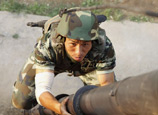
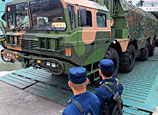
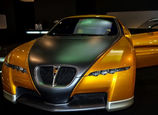
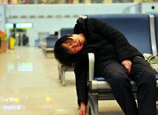
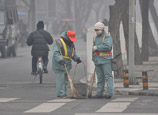
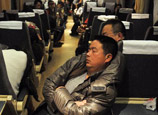
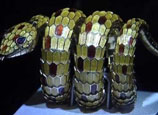
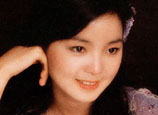
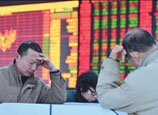
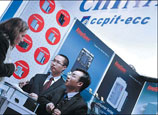






 A Taiwan student's adventure in Beijing
A Taiwan student's adventure in Beijing


![]()
